Poet To Huu, a very successful person when writing about Uncle Ho - the beloved leader of our nation, in the poem "Following Uncle Ho's footsteps" had a very good verse, rich in general imagery, evocative and pervasive: "The autumn sky is blue and bright with the declaration" written about the image of Uncle Ho reading the Declaration of Independence on National Day September 2 at Ba Dinh Square 79 years ago.
 |
| Flag-raising ceremony at Ba Dinh Square, Hanoi . Photo: Document |
Perhaps among the four seasons, Hanoi's autumn is the most beautiful. Many poets and musicians have written good works about Hanoi's autumn. There is a talented Trinh Cong Son: "Hanoi in autumn - Yellow rice tree - Red-leafed banyan tree". The very autumnal, very suggestive colors and tones intertwine to create a whole of the natural land and sky in harmony with people's hearts. Hanoi's autumn is also the "revolutionary autumn", the autumn that gave birth to the Democratic Republic of Vietnam. The autumn sky is high and wide with a vast green color, green in people's hearts, green in the vast space, a green color filled with many shared feelings; a green color of hope, of new vitality, of a joyful new life.
And suddenly in me resonated the passionate melody of the song "Ba Dinh sunshine" by musician Bui Cong Ky, composed from the poem of Vu Hoang Dich. Here, in the sweet and transparent golden autumn sunlight, the color of the red flag with a yellow star fluttering in the wind suddenly became sacred with so much heroism, so much joy and cheers from the streams of people pouring into the historic Ba Dinh Square to welcome the endless joy. That was when: "The wind blew up the flag on the flagpole fluttering - The wind blew up here, so many new sources of life overflowing - I came here to listen to so many voices of people - Of the revolutionary autumn, the season of golden stars" (Ba Dinh sunshine). The image of Uncle Ho appeared so simple, extremely intimate, close to everyone like a father of the nation, beautifully painted by the musician in a respectful, passionate and sacred melody: "I say to you, do you hear clearly - Oh, the words of the father of the nation - The khaki has faded with the wind and frost".
Through documents, films, and photos from that day, rare moments of a leader who spent many years searching for a way to save the country were captured by poet Che Lan Vien, who summarized a very good image: "The person searching for the shape of the country". The shape of Vietnam, the beloved S-shaped country, is as soft as a strip of peach silk but also carries the new energy of a lightning bolt. The shape of the country is the Fatherland Vietnam, the result of a long struggle with all the strength of the thousand-year-old historical tradition. And today, President Ho Chi Minh solemnly declared: "Vietnam has the right to enjoy freedom and independence and has in fact become a free and independent country. The entire Vietnamese people are determined to devote all their spirit and strength, their lives and property to maintain that freedom and independence". Later, Uncle Ho summarized it into a truth of the times that inspired the nation: "Nothing is more precious than independence and freedom". Standing on the flagpole, Uncle Ho still wore simple clothes with a question that was not in the Declaration of Independence but shortened the distance between the leader and the people: "I say, do you hear me clearly?". Oh, the two words "compatriots" are so intimate and full of affection. A nation born from the same egg sac according to the legend of Mother Au Co, with the same origin as the descendants of Lac and Hong, with the same will flowing in its veins, that is the passionate patriotism that right from the steps of Hung Temple, Uncle Ho advised the soldiers of the Vanguard Army: "The Hung Kings had the merit of building the country, you and I must work together to protect the country".
On this great historical day, Uncle Ho "made a manifesto". It can be said that just one image of poet To Huu radiated the halo to revive the great values with the enduring vitality and spread of a powerful piece of literature with great persuasive power in both legal and moral aspects. The "manifesto shines" in the golden autumn sun, each line of words is imbued with Uncle Ho's profound thoughts, each line of words is exchanged for sweat, blood, and sacrifices of heroes and martyrs. The "manifesto shines" because of the beauty of humanity and justice. The "manifesto shines" to every bamboo bank, every golden rice field stretching from the Red River Delta to the immense Mekong River. The "manifesto shines" from every house, every human destiny attached to the national community. A nation that once stood up to fight foreign invaders with two immortal manifestos, the poems of Ly Thuong Kiet: "Nam quoc son ha nam de cu" and "Cao Binh Ngo" by Nguyen Trai. A nation that poet Huy Can carved into a monument in his poem: "Living firmly for four thousand years - Back carrying a sword, hand softly holding a flower pen". A nation that: "Every boy dreams of an iron horse - Every river wants to become Bach Dang" in the heroic poem "Has the Fatherland ever been so beautiful?" by poet Che Lan Vien. Never before has the image of the Fatherland had such a great stature affirmed by the declaration, illuminated by the declaration, resonated by the declaration of a very modern legal document suitable for the development of the national struggle, of all oppressed and enslaved peoples around the world. It affirms the legal status of the independence and sovereignty of a nation of all humanity. "The manifesto is bright" because of the political argument of the emotional piece of writing with an iron will written simply by Uncle Ho with a high content of knowledge, cultural intelligence, and his rich foreign language vocabulary, which has great persuasive power. “The Declaration of Independence” is a political document language aimed at the public, with the target being the nation and the world, in a highly heroic inspiration, with emotions surging through the pen through the two words independence and freedom. Uncle Ho’s writing style is a crystallization of Vietnamese language, creating a great harmony of inspiration. “The Declaration of Independence” is a declaration of human values, fully imbued with the Vietnamese spirit of the Vietnamese people, from the inner strength of the race, from the sacred soul of the mountains and rivers, from the national spirit.
79 years have passed, but the echoes of this great historical day still resound. From a young Democratic Republic of Vietnam facing many "internal and external enemies", our Vietnamese people, under the leadership of the Party and beloved Uncle Ho, have overcome many rapids, going from one victory to another, defeating French colonialism and American imperialism, building "our country more dignified and beautiful" as Uncle Ho wished. And in the current Ho Chi Minh era, our country with its great and outstanding achievements has been affirmed by the late General Secretary Nguyen Phu Trong: " With all modesty, we can still say that: Our country has never had such a foundation, potential, position and international prestige as today. Those achievements are the crystallization of creativity, the result of a continuous and persistent effort process through many terms of our entire Party, people and army".
On September 2, 1945, Uncle Ho read the Declaration of Independence, and exactly on September 2, 1969, 55 years ago, beloved Uncle Ho also gently and peacefully said goodbye to us and entered the "world of the wise". Uncle Ho passed away and left behind a historical Testament. This is also a very moving document with all of Uncle Ho's wisdom and emotions, a priceless historical document of the Vietnamese people. President Ho Chi Minh's thoughts in the Testament have provided important fundamental orientations for the cause of socialism in Vietnam today and in the future. The eternal value of the Declaration of Independence and the Testament will remain forever. One person, two historical moments have left our entire Party and people two particularly important documents imbued with Ho Chi Minh's thoughts. Although Uncle Ho has passed away, his image in the blue sunshine of Ba Dinh Square, in the red color of the flag and the light of the five-pointed yellow star still lives forever in the hearts of the nation, as the poet To Huu wrote: "He stood on the platform, silent for a moment/ Looking at his children waving their hands/ His forehead high, his eyes shining/ Independence is now seen"...
Source: http://baolamdong.vn/van-hoa-nghe-thuat/202409/troi-thu-xanh-ngat-sang-tuyen-ngon-7a01c78/



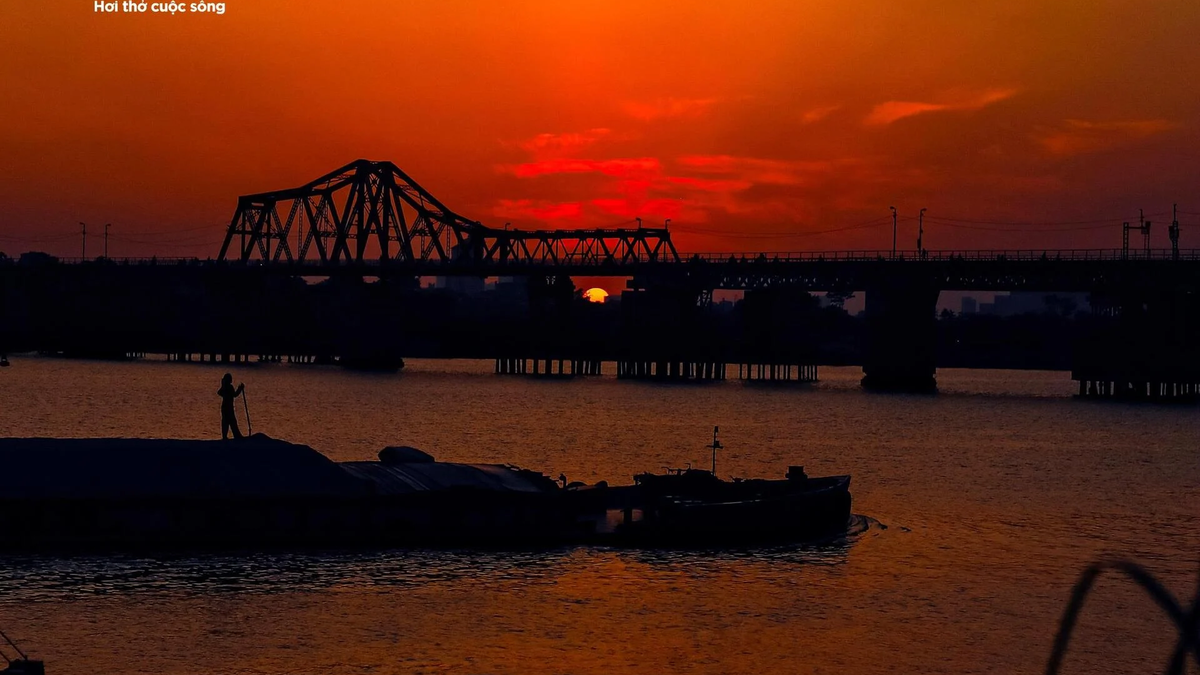
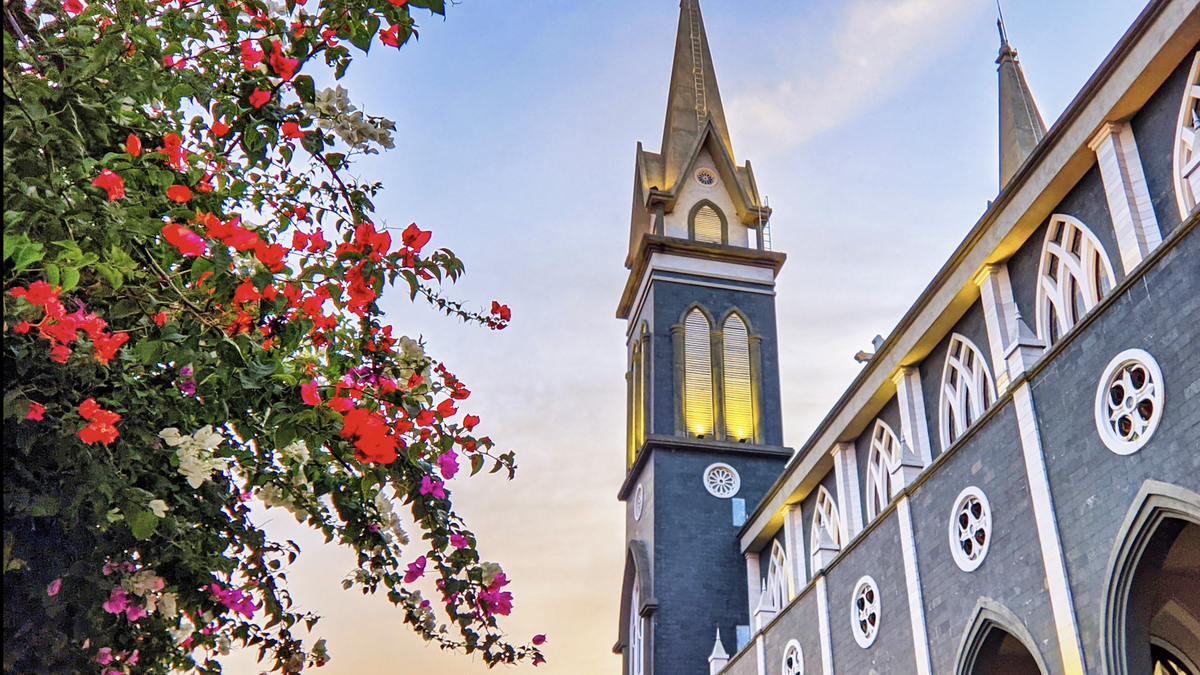
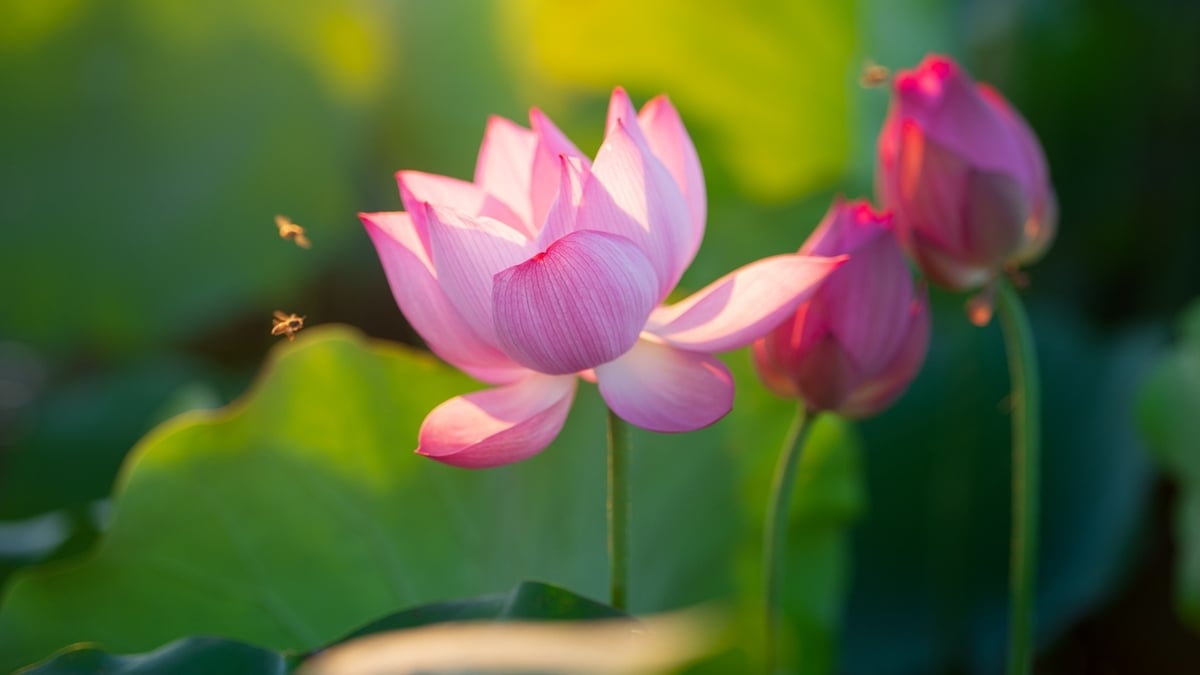




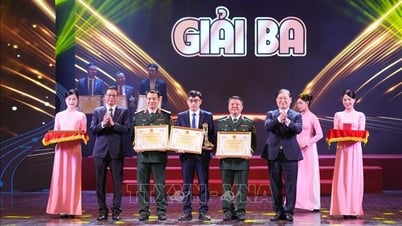

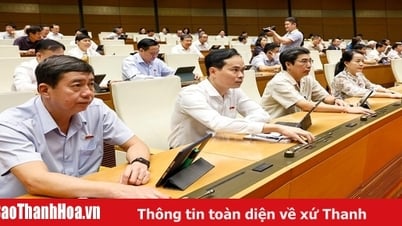



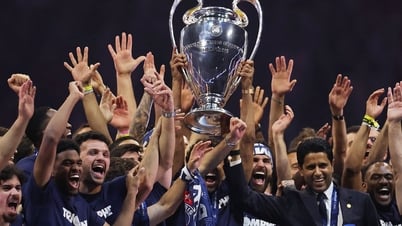






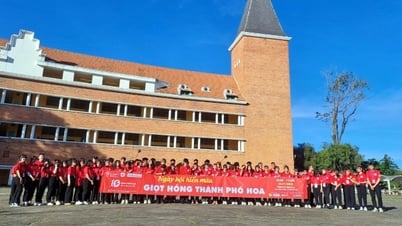







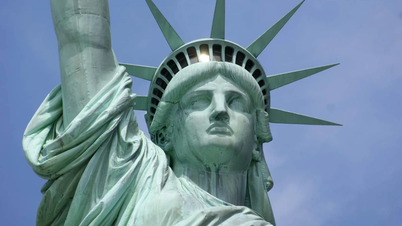


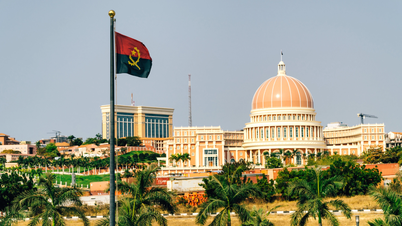

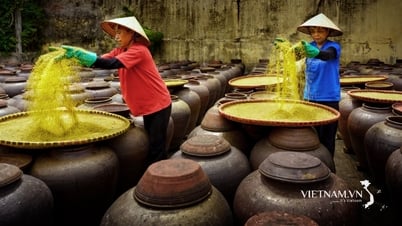
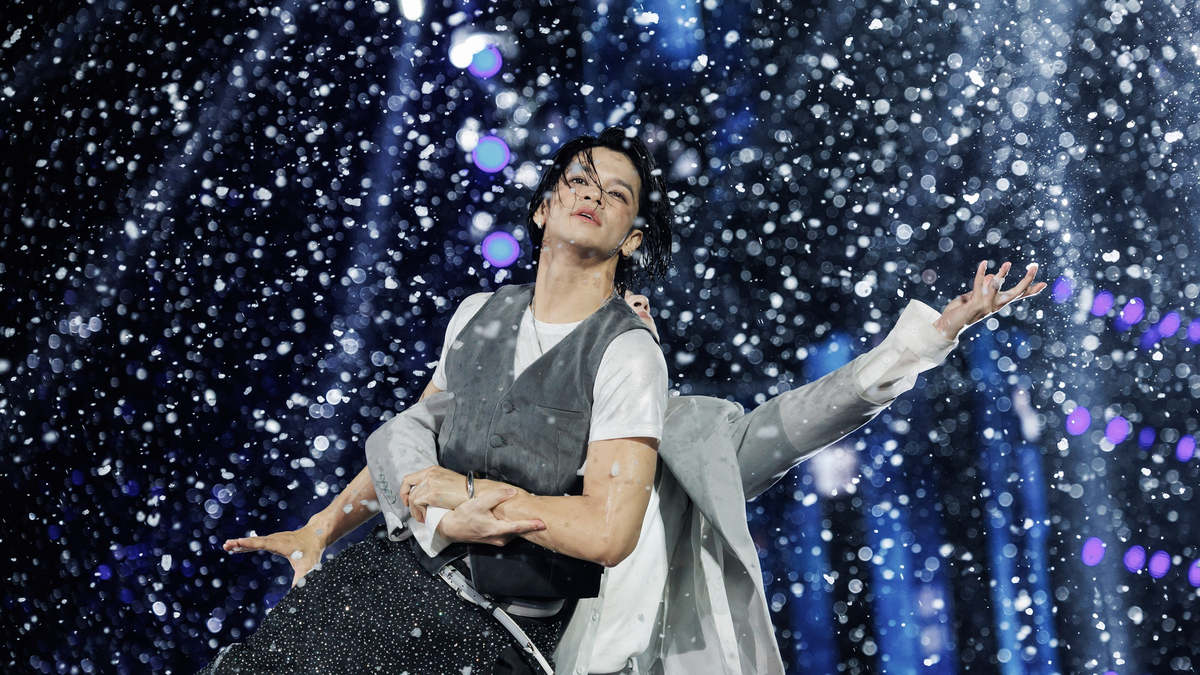
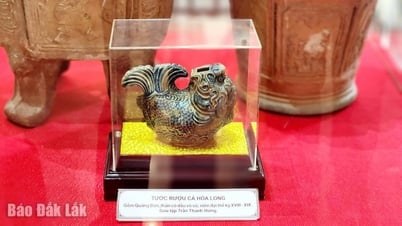

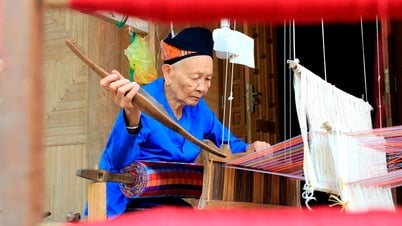

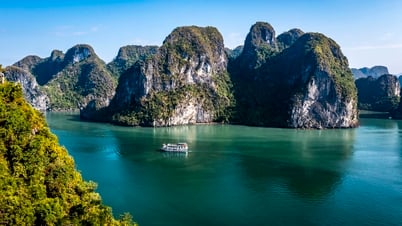

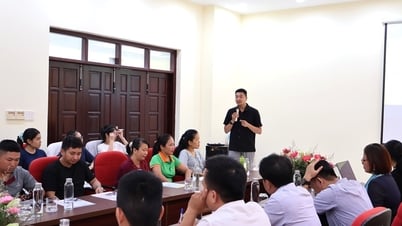

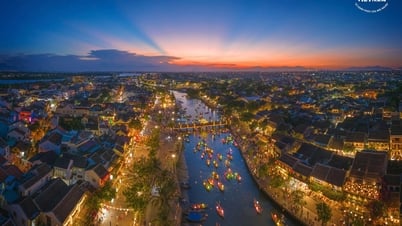

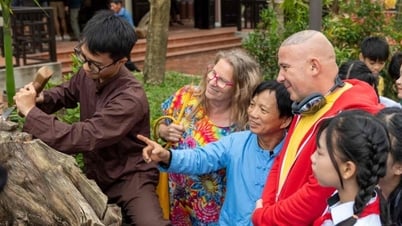

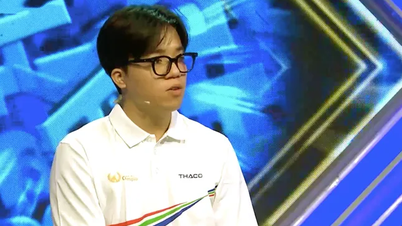

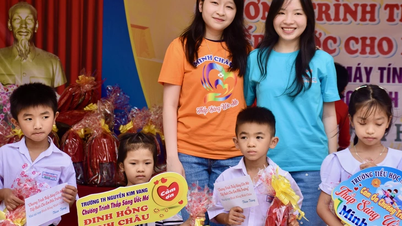
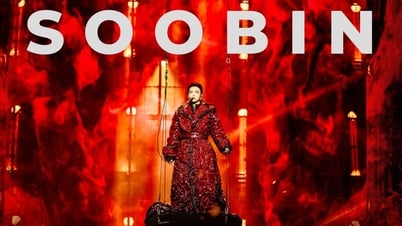
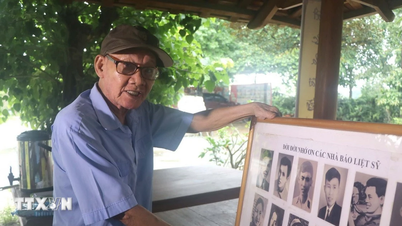



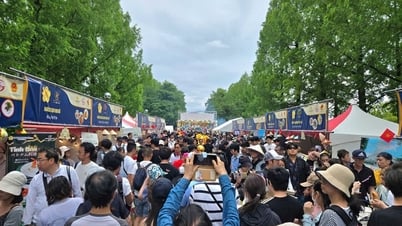
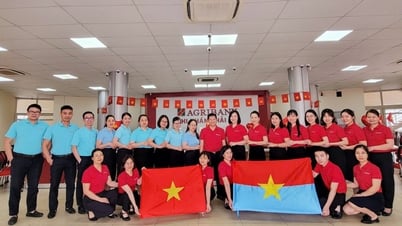

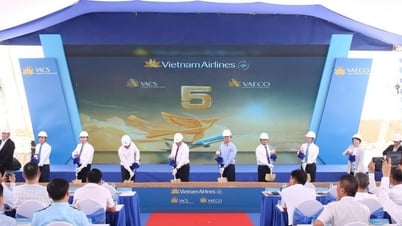

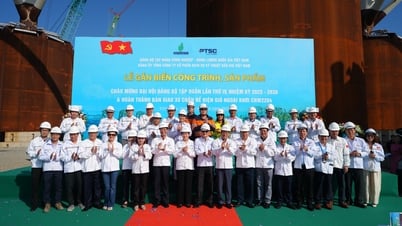

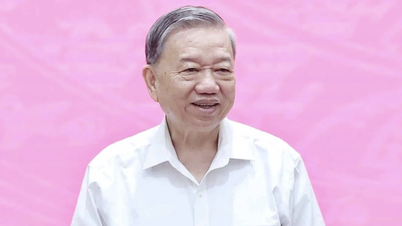
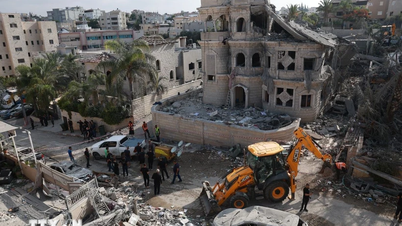

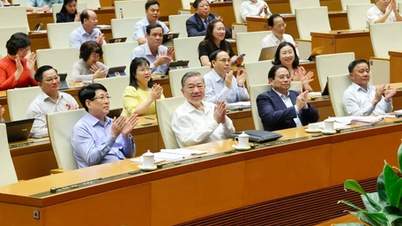
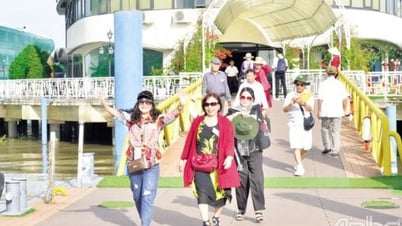

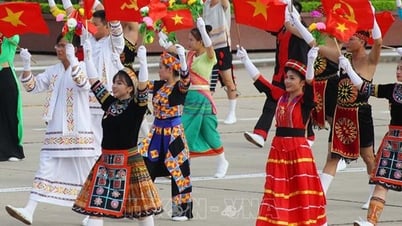

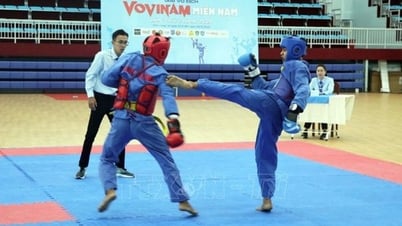
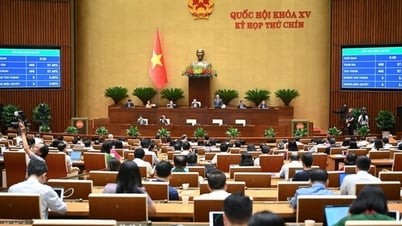
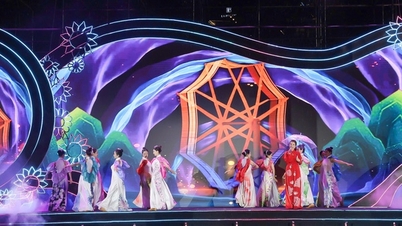


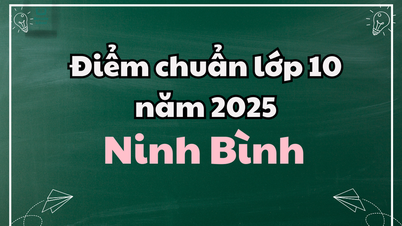

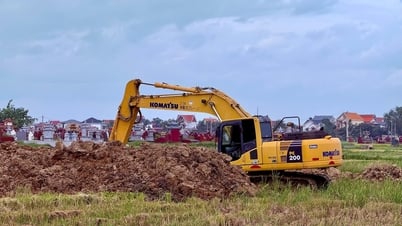
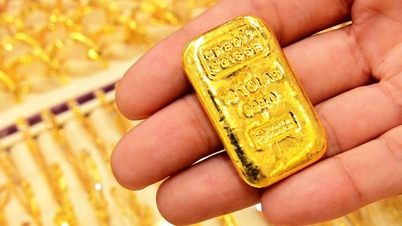
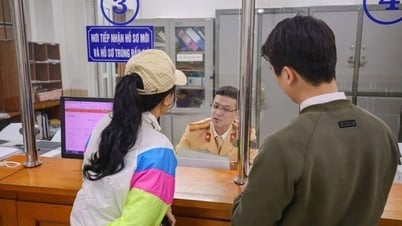













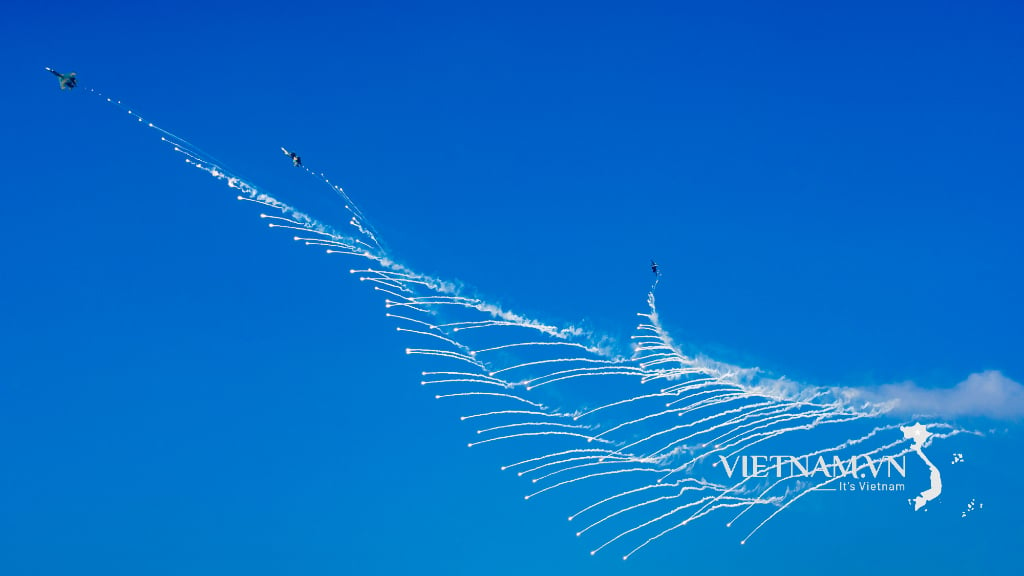
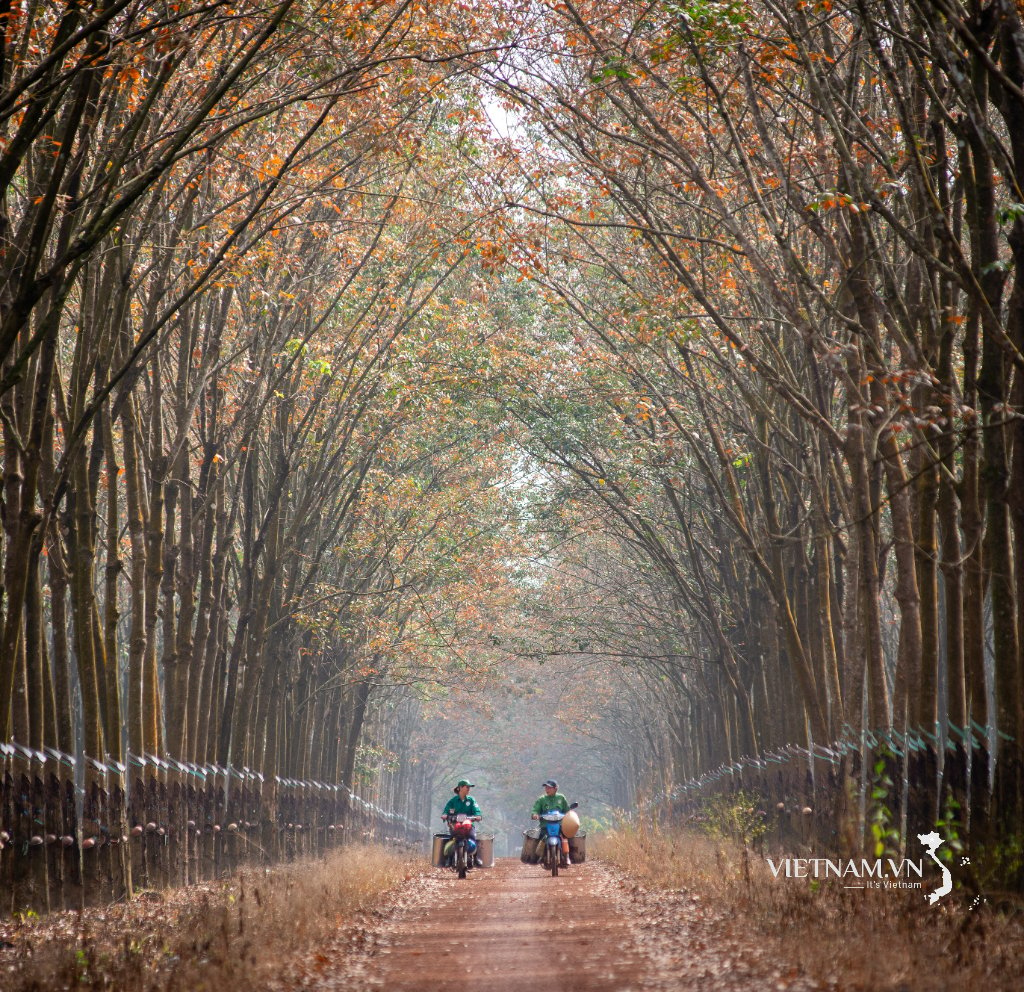

Comment (0)